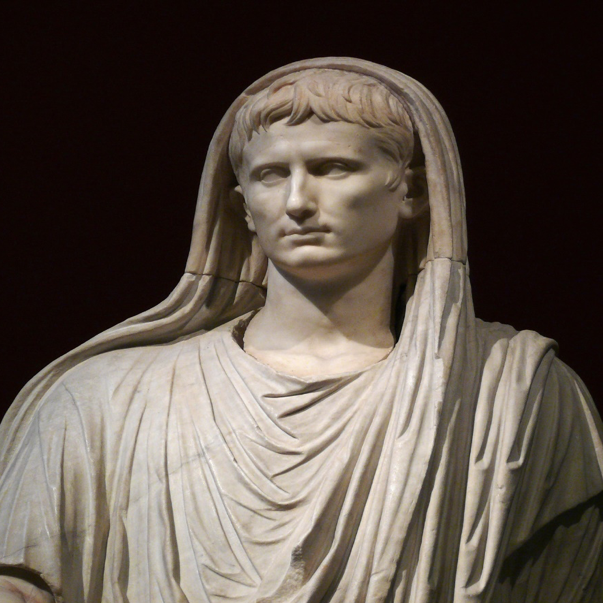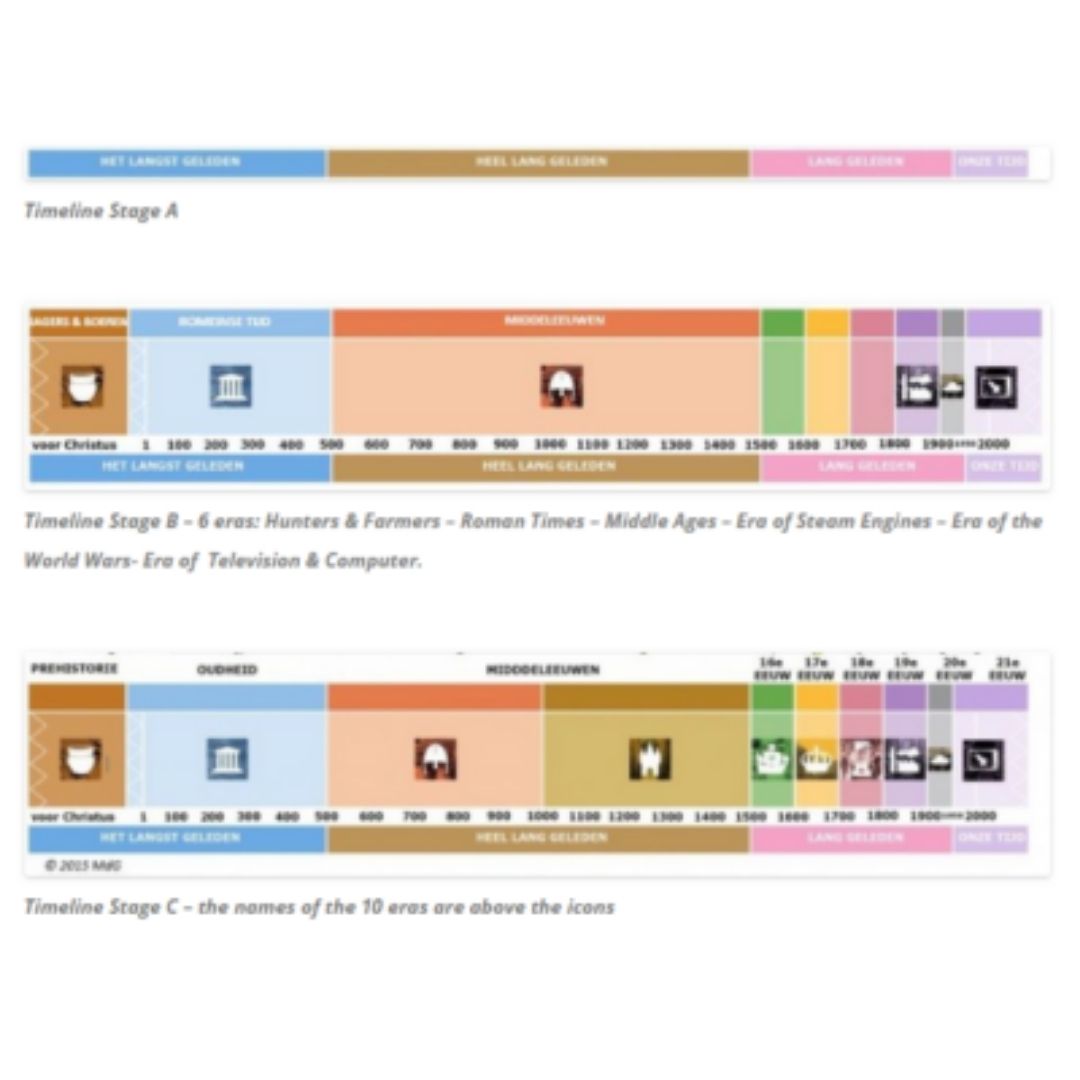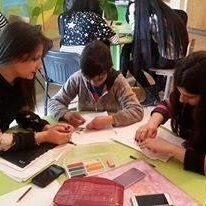This Study Guide was developed as part of the project Critical History: Adapting history education to the challenges of today’s digitized, globalized, and diverse societies in Europe. An Erasmus+ Project (2020-1-EE01-KA201-077997), the project was led by Tallinn University.
The Study Guide is aimed at students at teacher trainer colleges, as well as practicing history teachers. It contains four main chapters, each with accompanying teaching practices:
- Cultural heritage in history education (Dr. Mare Oja, Tallinn University)
- Public history and history education (Prof. Joanna Wojdon, Wroclaw University)
- Global perspectives of history education: global history, world history, big history, the anthropocene, and post-colonial history (Prof. Susanne Popp, Augsburg University)
- The role and influence of the internet in history education (Miljenko Hajdarović / EuroClio)
The Study Guide is available in English, Estonian, Polish, Spanish and German.

How the process of historical enquiry helps to make school history more accessible

How strategies of differentiation can help creating an inclusive environment for student development

Understanding Historical Times through the use of layered timelines

Change and continuity through looking at the impact of a happening that is having a diverse impact on society

Project Citizen: engaging students in the active exercise of responsible citizenship





